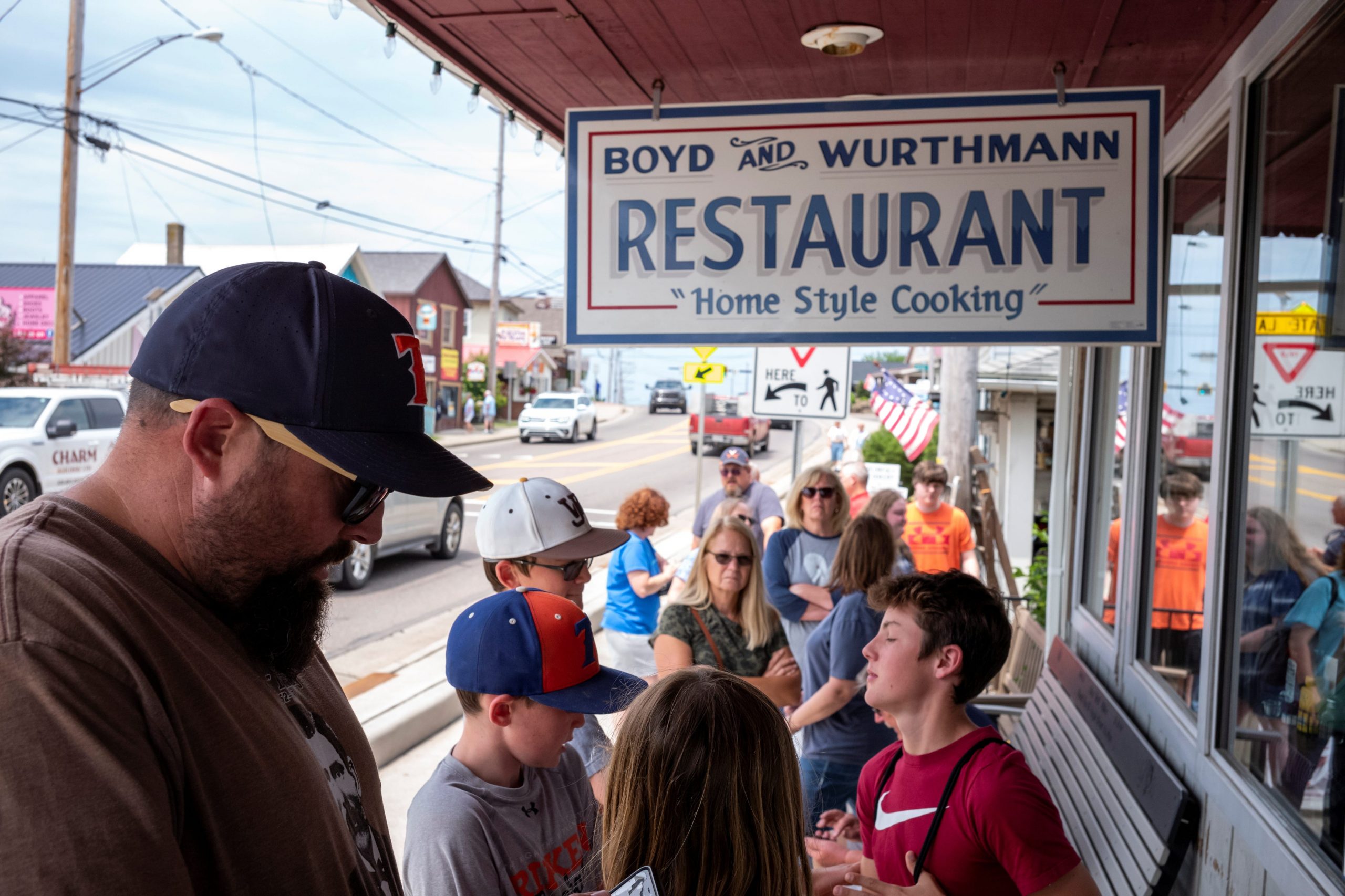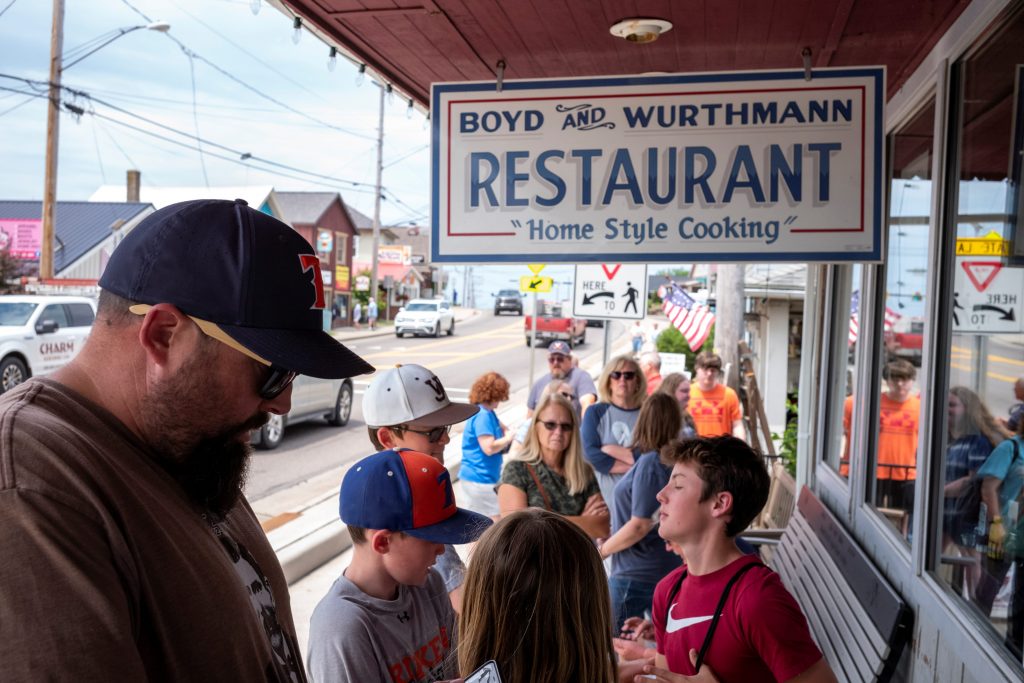
Gaelen Morse/Reuters
- Ohio may allow some teenagers to work later on school nights.
- About "90% of restaurants in Ohio are operating with a severe employee shortage," one local said.
- Wisconsin last month passed a similar bill, allowing students to work as late as 11pm.
A bill introduced in Ohio's state senate last month would allow some teenagers to work later on school nights, another instance of child labor laws potenially being relaxed as the retail industry endures a historic worker shortage.
The bipartisan proposal would allow teenagers under 16 years old to work until 9pm, a two-hour extension. It followed a similar bill approved in late October in Wisconsin, allowing 14- and 15-year-old teenagers to work as late as 11pm.
Child labor laws are set at the federal level, but many states have their own stricter regulations. State laws in Ohio and Wisconsin fall somewhere in the middle of the pack, with some Republican-led states allowing children to work longer hours.
Still, the dual efforts to ease labor laws in Midwestern states have raised larger questions, including whether they represented an appetizer for a broader effort to erode protections.
"[S]ome lawmakers and business interests want to undermine these protections in the name of addressing the state's labor shortage," Toledo's The Blade newspaper wrote in an editorial late last month. "This is shortsighted."
Around the country, businesses that survived the pandemic are still dealing with "scant resources" as they attempt to move forward, said Tina Hawk, senior vice president of human resources at GoodHire, a staffing firm in California. Retail roles, in particular, have become harder to fill as the pandemic comes to a close.
"The move for certain states to address labor laws for young workers is clearly a less-than-subtle move to address the labor shortage issues that are preventing many businesses from fully recovering from the pandemic," Hawk said via email.
In Ohio, Sen. Tina Maharath, the Democrat's minority whip and one of SB251's sponsors, said the bill was a direct response to a staffing shortage in Ohio's retail and service industries. She said it would boost the local economy.
"This bill does not change the federal capped hours and requires teenagers to have parental consent before being able to work past 7 pm," Maharath said in an email to Insider. "That way, parents can still keep track of their kids' after-school activities and help them maintain balance between school and work."
Sen. Kenny Yuko, the state's Democratic leader and another sponsor of the bill, added via email that it would "help students save money to pay for college or to buy a car, as well as teach them useful skills."
The Ohio bill would be "extremely helpful" for restaurants seeking to keep their normal hours, said John Barker, president and CEO of the Ohio Restaurant Association.
"More than 90% of restaurants in Ohio are operating with a severe employee shortage and our industry is feeling the same impact from the pandemic as many industries," Barker said in an email, adding, "Many restaurants today are currently forced to close on certain days due to lack of employees and close by 7pm even when customer demand is still strong."

